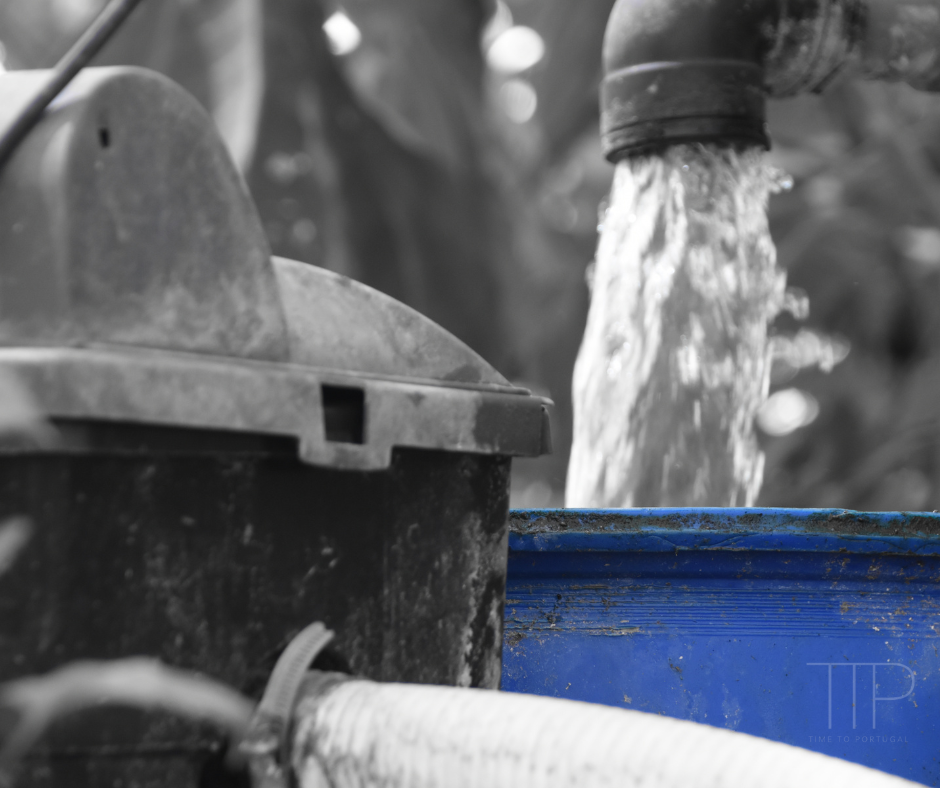Water produced by the future desalination plant in the Algarve will be almost equal to that lost in the supply, says Associação Zero.
The amount of water produced by the desalination plant planned for the Algarve is almost the same as that lost in the supply systems and does not guarantee the resilience of the region’s public supply, the environmental association Zero warned today.
Zero and Almargem – the Association for the Defense of the Cultural and Environmental Heritage of the Algarve – took a public stance on the project and expressed doubts that the new desalination plant would make an “effective contribution” to “guaranteeing the resilience of public supply” in the region.
The Algarve Seawater Desalination Plant (EDAMA) is to be built in Albufeira, with funding from the Recovery and Resilience Program (PRR), and the public consultation on the project’s Environmental Impact Study (EIA) ended on December 19.
In a statement, the associations considered that water losses in the Algarve’s supply systems are equivalent to what will be produced by EDAMA and expressed “great reservations about the real contribution of the project” to ensuring, in addition to the resilience of public supply, “water availability for current and future consumption”.
“For these two associations, the documents under public consultation do not properly justify the need for the project,” said Zero and Almargem in their public position, to which the Lusa agency had access.
The documents under consideration in the EIA consultation “leave out” of the analysis the “current and future water needs for public supply”, and the “characterization of current sources, competing uses and foreseeable scenarios, taking into account the hierarchy of uses and the project’s contribution to meeting these needs”, they warned.
It also fails to establish the “impacts that the increase in water supply for the urban sector will have on other uses”, such as irrigated agriculture, as well as those that result “from the increase in the price of water, both for consumers and for the entities that manage the supply services operating in the region”, he added.
Zero and Almargem called for an in-depth assessment of the project, arguing that there are 19 entities in the Algarve responsible for supplying water – such as municipalities and municipal companies or service concessionaires – with “real losses in the distribution networks” of more than 13 million cubic meters (13 cubic hectometers), while the planned supply of desalinated water will be, “on average, 12.5 cubic hectometers per year”.
“This will jeopardize the achievement of the objective of strengthening the water resilience of the Algarve’s supply system and guaranteeing the current and future water needs of the public supply if there is no effective effort to increase the efficiency of the supply networks,” they said.
The associations also argued that, in addition to the desalination plant, the Algarve Regional Water Efficiency Plan (PREHA) provides for around 44 million euros of investment to rehabilitate 125 kilometers of low water supply network, “contributing to a reduction of two cubic hectometers in the demand for water in natural systems”, but this only represents “just over 15 percent of the system’s current real losses”.
They also criticized the lack of analysis of the costs that the production of desalinated water will have on the tariffs charged to end consumers and “the economic and financial balance of the entities that manage the supply services”, which could be “10 times higher than that of water produced in the traditional way” and “sharply increase tariffs”.
Zero and Almargem also expressed reservations about mitigating climate change, because the photovoltaic solar energy system planned to reduce the impact of the desalination plant “only covers 14 percent of the energy needed, with the rest coming from the public grid”, with the consequent increase in greenhouse gases.


[…] Related article: Algarve desalination plant will produce almost as much water as it loses […]